Part 3: “The Activation” // Acts 8:1–17
Overview:
As the early church went out the church became a church on mission.
The word mission today is almost everywhere. Everybody has a mission statement. People create personal missions of their own. The word mission comes from the Latin word that means to be sent. Mission characterized the earliest church.
Summary:
The death of Stephen gives renewed motivation to the anti-Christian movement with which Saul is now prominently associated (8:1a). Luke, a firsthand reporter and interviewer of Saul, is not reluctant to describe the vehemence of his later friend Paul (8:3). A great persecution began that day, scattering all but the Apostles throughout Judaea and Samaria.
Luke explains that this persecution was used by God to spread the Gospel of Jesus across further borders and boundaries: first to the Samaritans, then to the Gentiles, a pattern––persecution leading to the spread of the Gospel––that continues for four chapters (Acts 8–11). God’s purposes in growing His Kingdom continue to work through and overcome every obstacle, as what is designed to crush the early Christian movement becomes fuel for the Kingdom’s advancement.
With the rising persecution of Christians in Jerusalem, newer Christians were required to go to new places but of their own initiative. The Apostles did not direct them to these places, they felt obliged to go because of the growing intensity of persecution in Jerusalem, selecting their respective destinations as they could. This placed newer Christians in a difficult circumstance; separated from the twelve Apostles, they had to gather their resources and communicate what they had recently learned to entirely new audiences. Among the scattered witnesses was Philip, who went to Samaria to proclaim Christ (v. 5). The Samaritans, technically ‘half’ Jewish, were considered non-Jewish and lower-status than Gentiles by the cultural norms of 1st c. Judaism. They were not thought by mainstream Jews to have any part in the promises of God to His people, and even though the infant church is facing its fiercest opposition yet (led by Saul), the violence aimed at the newly emerging Christian community actually serves to advance God’s work and spread the Gospel out from Jerusalem.
Key Passages:
Philip’s Team in the City
vv. 6–7 Meeting needs Proactively
The Spirit Reaching the Lost
vv. 9–13
God Unites Enemies as Friends
v. 14–5 Jews and Samaritans joined together
vv. 18–9 Power of Manipulation vs Power of the Spirit
Key Ideas:
Both the miraculous and the preaching of God’s word opened the door for others to hear and receive Christ’s Gospel (v. 6, 12). Peter and John are sent from Jerusalem to see what has happened (v. 14) for two significant reasons:
(1) There is a long cultural history of division and strife between Samaritan and Jew that now seems to be healed, and
(2) This is a situation where a second-generation Christian, Philip, is doing the same work that, up to this point, only Jesus and the Apostles had been doing.
Recall that this very same John is the same person who had earlier asked Jesus whether to call down fire on some Samaritan villages (Lk. 9:51–5). To confirm the Samaritans and maintain the unity of the early Church, it was vital that two leading Apostles, themselves Jews, join the ministry of leaders persecuted out of Jerusalem to confirm the blessing and reception of the Spirit among the Samaritans. Simon was attracted to the power of the Apostles, but Peter makes a point of the fact that the Spirit is a gift God gives. Human beings cannot manipulate it, as Simon had grown accustomed to doing with his craft. There are no mechanisms or formulas to manipulate God’s activity in our lives, but the enabling power of the Holy Spirit ensures that we can serve God’s Kingdom even in trying circumstances.
